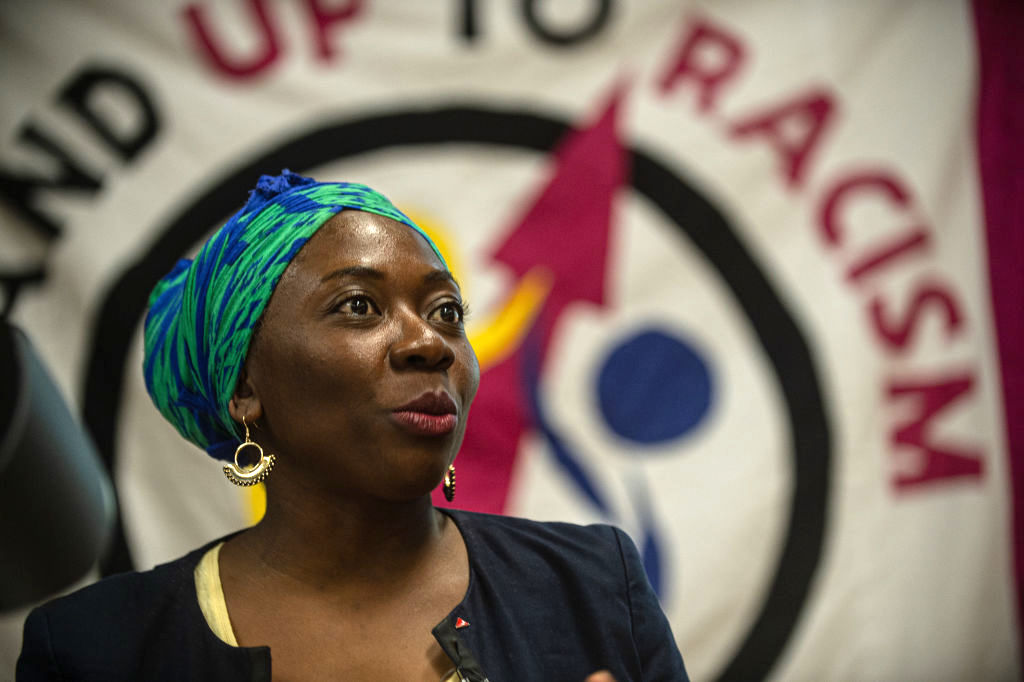Police
“Yes, There Is Structural Racism in France”

Our parliamentary group includes nine of the twelve deputies elected in the Seine-Saint-Denis [a département covering the northeastern suburbs of Paris]. We represent categories of the population concerned by the issues we’ve been discussing.
But the real issue is that in Left in France, like in a lot of countries, though perhaps a bit less in the United States because of the history — in any case, the official, institutional left in France — is overall a left that’s mostly white, male, and middle to upper class. A gap exists between the people concerned by these questions and the people who represent them. Still, things have evolved somewhat. I’m no longer one of the only black members of our parliamentary group.
This isn’t only a problem with the political or electoral left. When you look at unions, they’re not very representative of the workers’ movement at large today in a broad sense — which is extremely multicultural. When you look at the big NGOs, they’re very, very white. There’s a certain history of barriers in terms of representation.
This is something we’ve worked on, too. We can’t be a movement that aims to represent the working class if those speaking and in positions of power are basically middle-class white people. There’s work to be done to build a movement that appears useful to people thinking about getting engaged. That’s our objective. We want to keep building La France Insoumise and the NUPES [broad-left coalition] with this ambition.
One of the things I find really positive is the training program of the Institut La Boétie [a think tank linked to La France Insoumise]. While recruiting, we’ve tried to correct for certain biases: geographical imbalances and gender parity, but also socioeconomic categories. To make sure we have a panel that’s a bit more representative of different categories of the population — even if it’s not perfect — and to reflect different social and cultural origins. This is a conscious effort. That doesn’t mean imposing quotas, because that’s not the way we think, but the goal is to have people becoming leaders in this movement who are a bit more representative of the country. I think that’s an example of something we’re doing to try and correct the structural racism and discrimination that prevent many from getting involved and from becoming political leaders.
Read the full article here













You must be logged in to post a comment Login